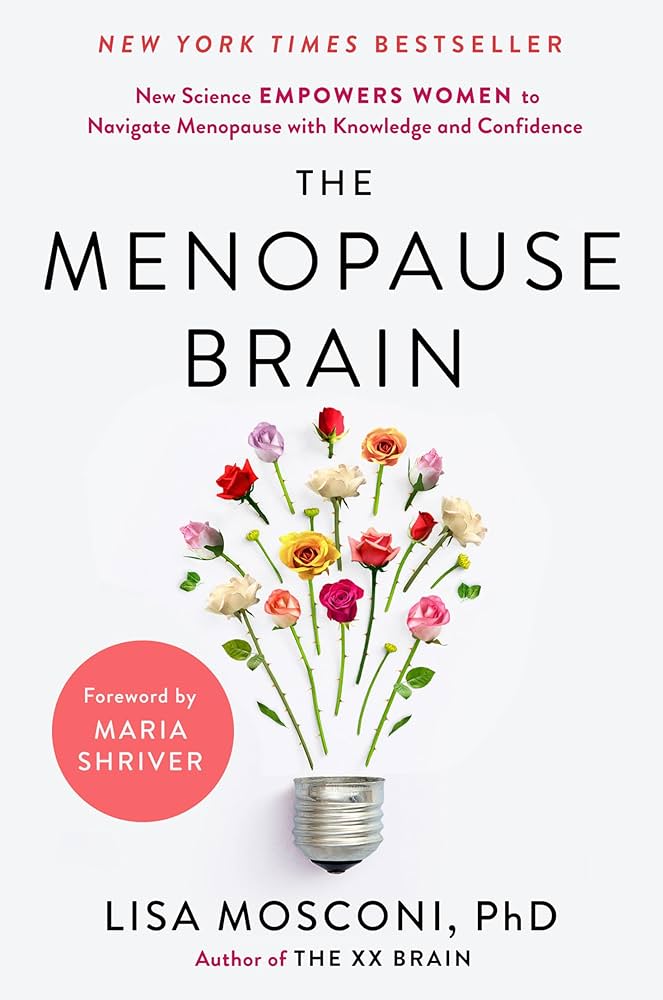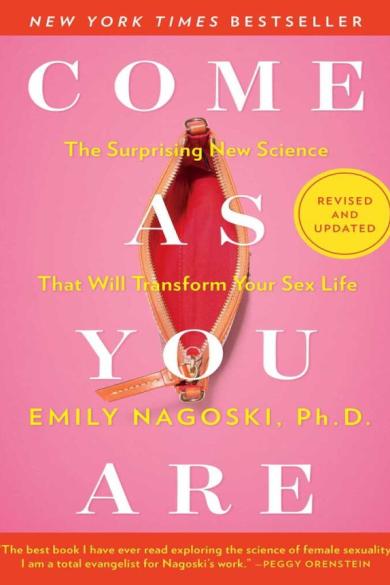Autor Naomi Watts
Categorie Dezvoltare personală
Subcategorie Limba Engleză

I AM SO HAPPY that you picked up The Menopause Brain. Good for you. You just did yourself and your brain a huge favor! Now that you have this book, you will not have to navigate perimenopause, menopause, or even your postmenopausal life alone. You now have at your fingertips the most up- to- date information about what is happening to your brain and your body—and why. What a gift! This book is crucial because every woman, if she lives long enough, will go through menopause at some point in her life.
And every woman will wonder why, in addition to losing her period and fertility, she may be experiencing sudden heart palpitations, anxiety, depression, lack of concentration, hot flashes, night sweats, mood swings, and sleep disturbances. The list of symptoms is long and varied. Menopause is a function of the brain that plays havoc with a woman’s body and her outlook on life. Indeed, all of these erratic emotions and symptoms can make a woman feel crazy if she is not reassured that they are normal. This book will do exactly that. I wish this book had been around when I was going through perimenopause and menopause because for millions of women like me, when The Big M, as I call it, came knocking, we were given little information to guide us forward. So women of my generation felt unseen and unheard by healthcare professionals who weren’t educated in this space and didn’t have the research to help guide us through the confusing, often chaotic symptoms we were experiencing. Instead, we weathered the turbulence, while living in a culture that intimated women at midlife were prone to going crazy. This book is testimony to progress.
A few years ago, I was honored to write the foreword to Lisa’s book The XX Brain, and now I am thrilled to write the foreword to this book as well. In The Menopause Brain, you have the most current science and the best practical guidance available, and it comes from a researcher who is not only an innovative and visionary thinker but someone I now consider a friend for life. I first met Lisa in 2017, when I was looking for research to help answer the questions of why women are twice as likely to develop Alzheimer’s as men, and why women of color are at even higher risk for the disease. Finding almost no research available motivated me to start my nonprofit organization, the Women’s Alzheimer’s Movement (WAM), and it has driven my quest ever since to learn about women’s brains throughout the lifespan.
Meeting Lisa along this journey was a game changer. She was one of the first scientists to show the impact of menopause on a woman’s brain at midlife, and to discuss the brain’s response to menopause in general. Lisa had just published the first study showing that women’s brains become more vulnerable to Alzheimer’s in the years before and after menopause. She was among the first researchers who not only described how a woman’s brain changes physically and shrinks during menopause, but developed the technology and research to show the process in action. Thanks to Lisa and other like-minded scientists dissatisfied with the lack of research on women’s brain health, a movement began that aimed to study the unique impact of sex hormones such as estrogen on women’s health. I was delighted to help fund some of that research through the WAM Research Grants, which are awarded to scientists looking at the role of gender as a risk factor for Alzheimer’s.
Listată pe:



